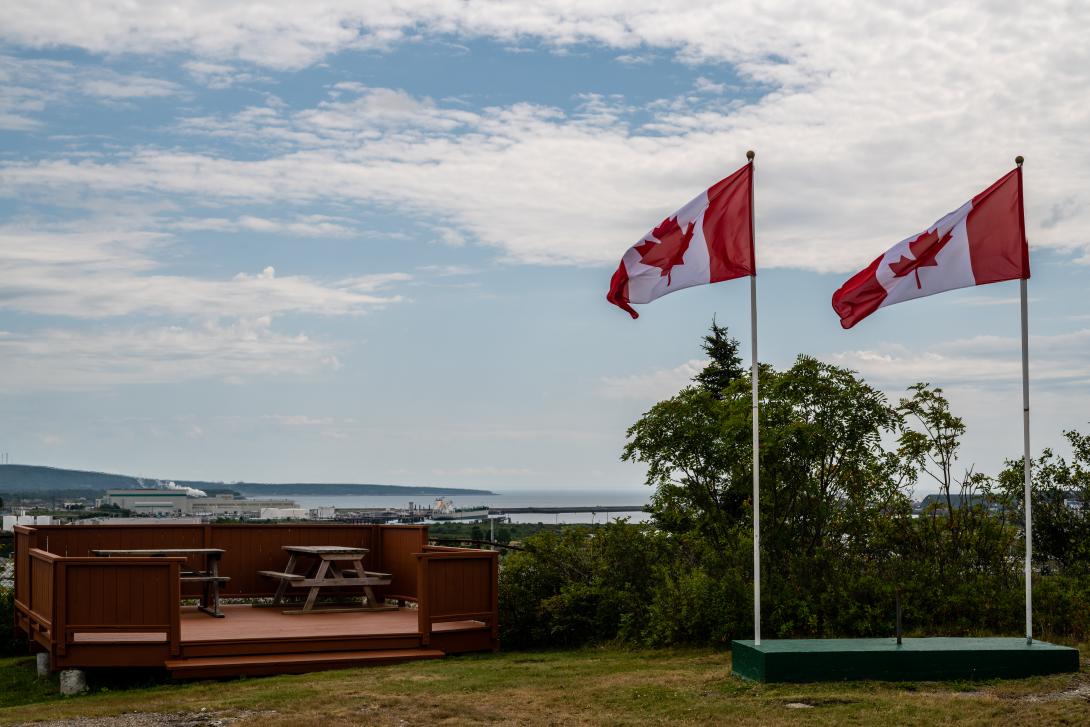Well before you find a new home and a new job in the Saint John Region, here are a few things you can do to set yourself up for success.

Get a credential assessment
Do you know if your job credentials and skills will be recognized after your move to the Saint John Region? To be sure, you should get a credential assessment done.
A credential assessment will help you:
- learn whether your credentials meet Canadian standards
- find out if you need more training, education or work experience to be able to practice your profession in Canada
- understand what jobs you may be qualified for
- help employers understand your qualifications
This process can take time, so you should get it done early, well before you move. In the Saint John Region, you can find more information on credential assessment by visiting WorkingNB.
Other organizations that can help assess your credentials include:
- World Education Services (WES) Canada
- International Credentials Assessment Service (ICAS) of Canada
- Canadian Information Centre for International Credentials
- Medical Council of Canada
- Pharmacy Examining Board of Canada (PEBC)
Regulated vs non-regulated professions
Whether or not you can easily transfer your skills and licenses to work here depends on whether you are looking for work in a regulated or non-regulated profession. The Government of Canada's Job Bank will help you find out if your occupation is regulated or not.
A non-regulated profession has no legal requirement for a license. Most Canadian jobs are non-regulated. Of course, applicants will still need to demonstrate their experience and training to employers.
A regulated profession is different because it’s controlled by provincial or federal law and governed by a regulatory body. If you want to work in a regulated job, you must be certified by the regulatory body. It can take some time to get a license. If your profession is regulated, you can contact the regulatory body for your profession to learn more about this process.
If you were trained outside of Canada, you may want to get a non-regulated job in your field first. This can be a good way to gain local work experience.
Translate key documents
You will need a number of essential documents with you when you travel, including valid visas and passports, itemized lists of personal belongings, and some financial records. For the most current list of essential documents, refer to Immigration, Refugee and Citizenship Canada (IRCC).
Learn or improve your English and/or French
In New Brunswick, people speak English, French, or both. You will hear English and French spoken throughout Canada, but New Brunswick is Canada’s only officially bilingual province.
Learning English or French is an important part of the settlement process. Once you learn one or both of these languages, you will find it easier to get around, talk with your new neighbours, get a job, and help your children, who will be learning English or French at school. You will also need to know English or French to become a Canadian citizen.
The first step is to assess your skills in English or French. Then you can explore local English or French language programs.
The Government of Canada works with provincial governments, school boards, community colleges, and immigrant and community organizations to offer language training. Some of them are free of charge, but some courses charge a fee. Sometimes these courses are called “ESL”, for English as a Second Language, or “FSL”, for French as a Second Language.
In the Saint John Region, organizations that offer language assistance, and French language training and conversation groups, include PRUDE INC, Saint John Newcomers Centre, and YMCA of Greater Saint John.